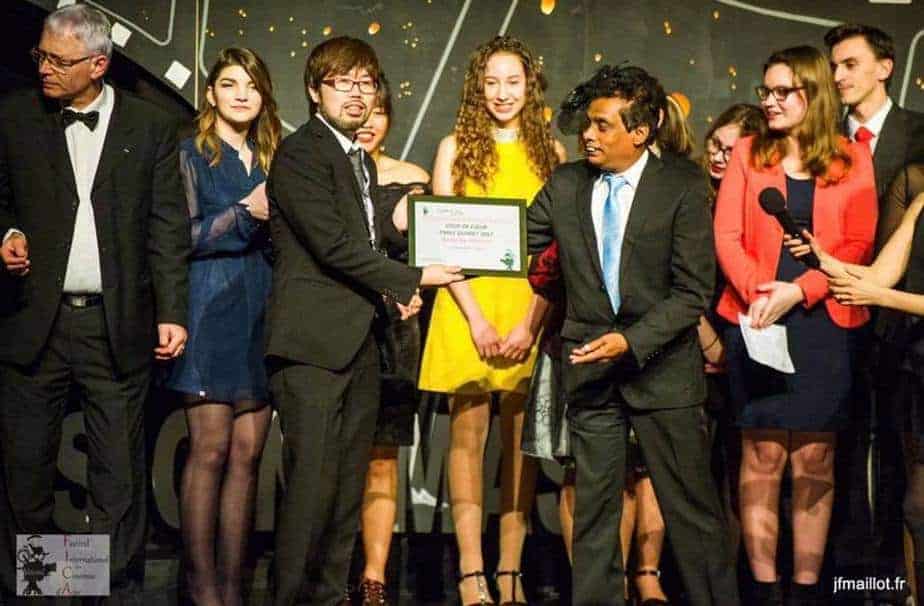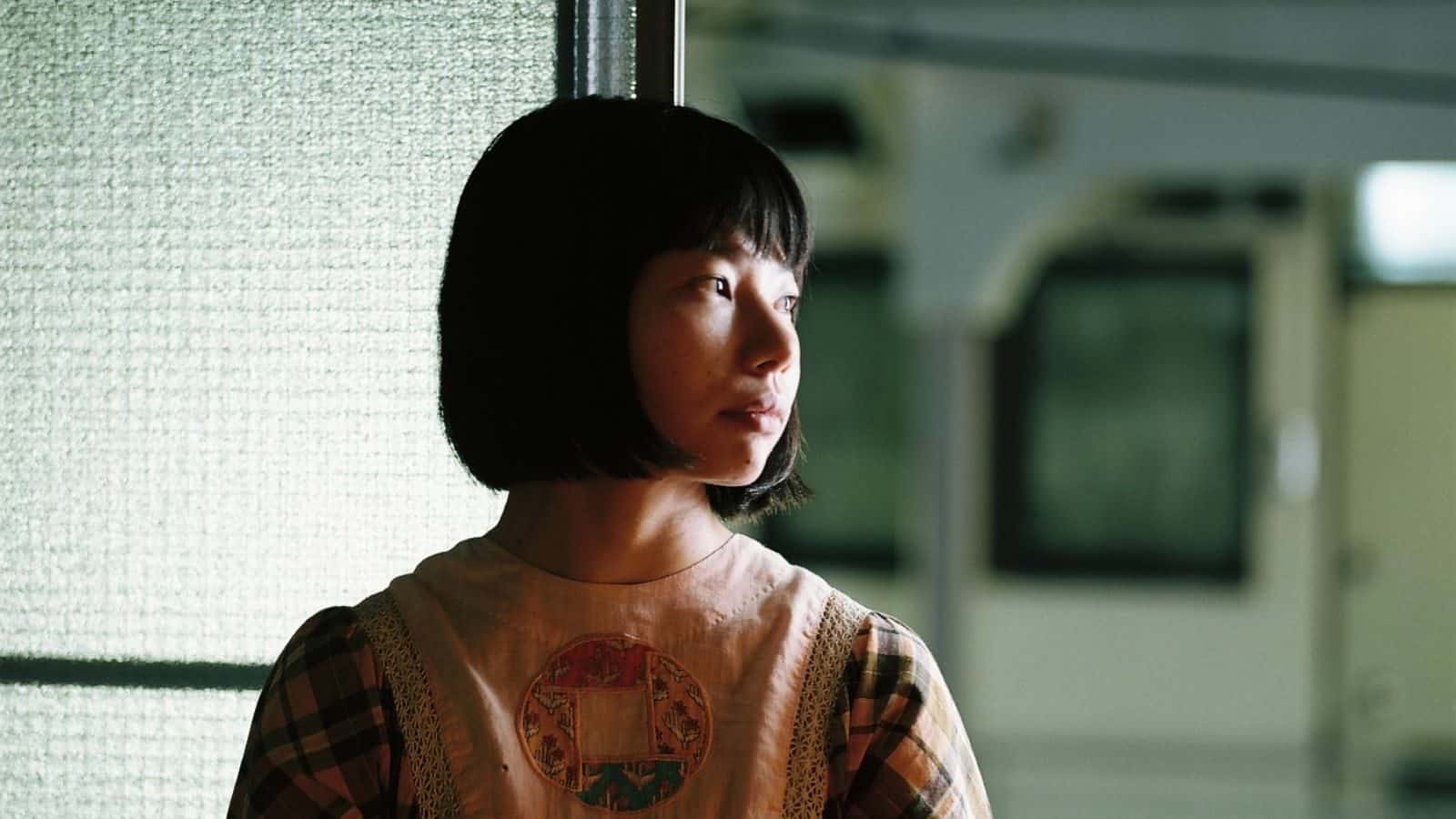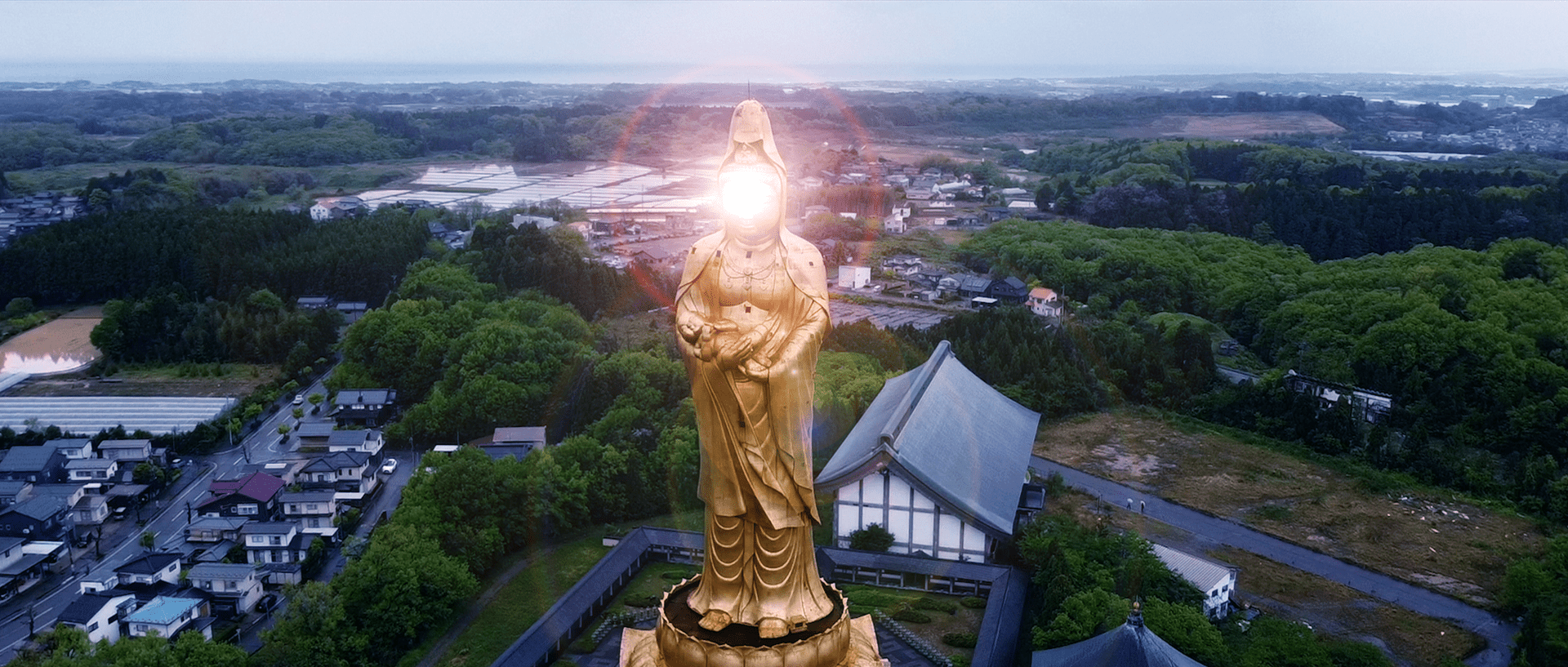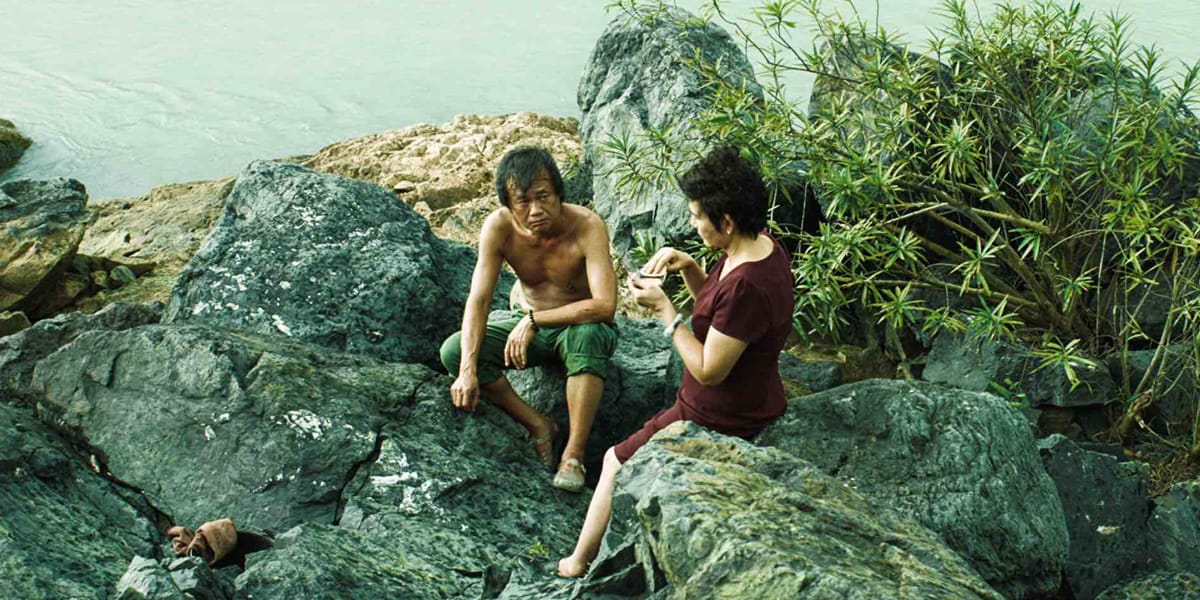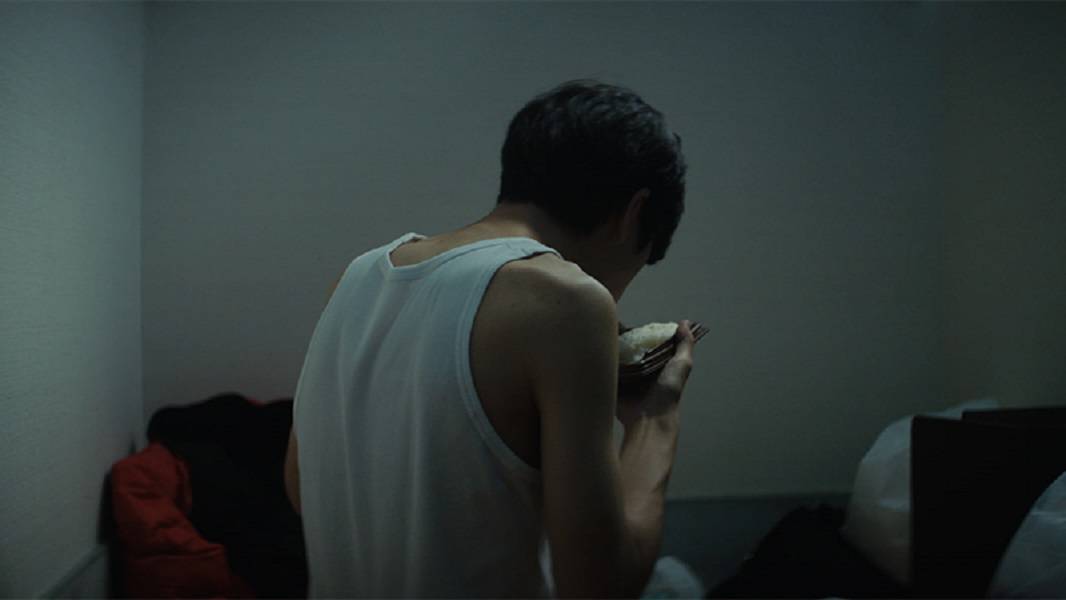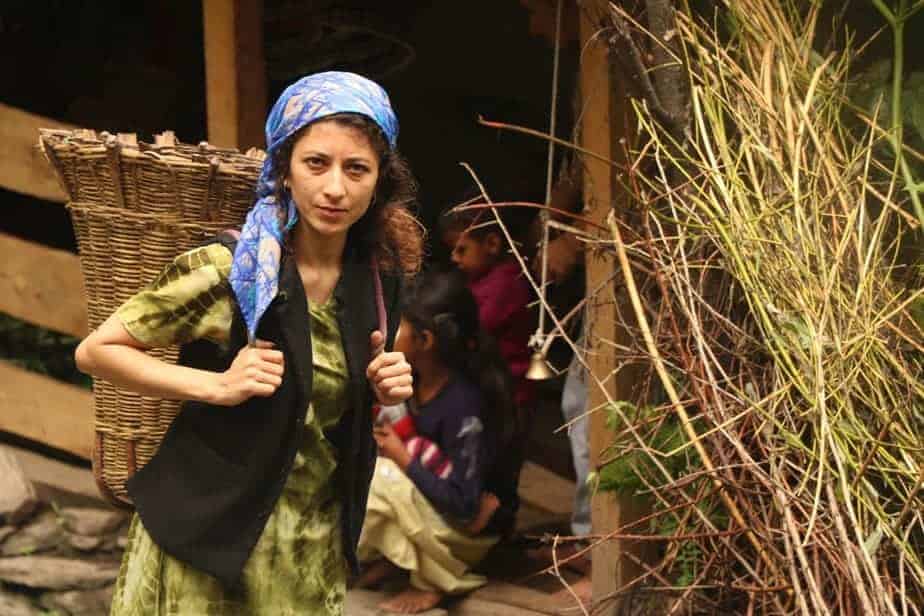Yujiro Harumoto graduated from Nihon University College of Art, and worked as an assistant director at Shochiku Kyoto Studio on period dramas. Since 2010, he has been a freelance assistant director on many more films and TV dramas. “Going the Distance” is his debut feature.
On the occasion of the screening of his film in Vesoul International Film Festival of Asian Cinema, we talk to him about the film, Japanese people, the industry, and many other topics
You have been an assistant director on both films and TV dramas. What are the differences between the two and which one do you enjoy more?
The most important differences are the budget and the period of shooting. Films have bigger budget and longer shooting periods than dramas.
The assistant director on films can create his own images, and, in general, enjoy working. The ones in dramas only do their routine work any way they can, due to the lack of money and time. It's so boring for me. I like films.

‘'Going the distance'' is your first feature film. What difficulties did you face making this film?
The biggest difficulty was the production cost. I had no sponsor, and so I had to earn money by myself, alone.
You are responsible for directing and writing the screenplay as well. Do you think it is better to direct your own scripts or would you prefer to directs someone else's? Do you equally enjoy writing and directing?
I think it is better to direct my own scripts. Because other people's scripts are not necessarily what I want to express.
I enjoy writing very much! To say nothing of directing.
Why did you choose to use handheld cameras in the film?
The most significant reason was because I wanted the film have a realism similar to documentaries
The absence of music is quite evident in the movie, and only in the final scene between Asahi and Hiroto there is background music. Why is that?
I hesitated about which one is correct, music or no music. At the end, I selected music because I thought that the existence of background music makes the audience become intoxicated with the atmosphere of the resurrection of hope.
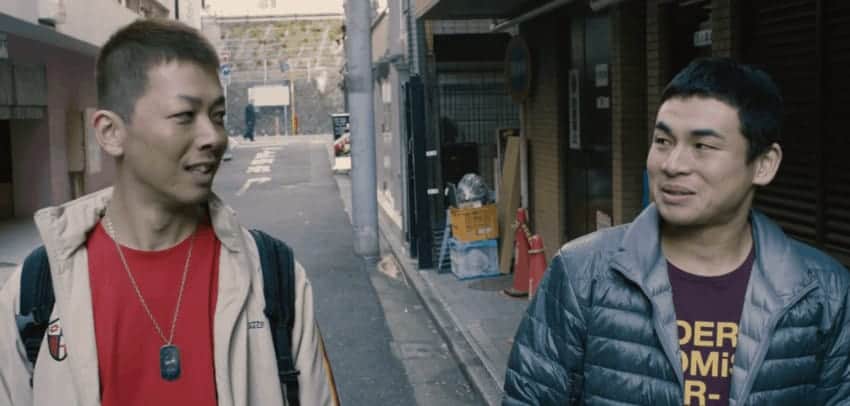
Asahi finds himself between his best friend and his fiance, who are both dear to him. Why does he try to hide his problems and the truth from both of them, in the beginning? What is your opinion about human relationships and which is more important, friendship or romantic relationship?
I think your question is probably related to the characteristic quality of the Japanese people. It is of utmost importance for Japanese to retain a harmonious relationship. So, Japanese people often do not tell the truth and what they think, in general, because they don't want to hurt other people's feelings. In my opinion, this is not only a virtue, but also a major fault.
In my opinion, both are important. But the most important thing is to decide when is the appropriate time to tell the truth and when to lie. To tell the truth is not necessarily correct.
In the scene where Kaori goes in the night for jogging and, by coincidence, comes across her fiancé Asahi, who is also jogging, both of them are surprised because they don't know that they both follow the same route, frequently. Why is that? Are they not in a long term relationship or don't they know each other well?
It's simple. Kaori rarely jogs. And their working hours are not the same. They live together long term, that is why they are less interested in each other's actions.
What kind of movies do you like to watch and who are your favourite filmmakers?
I like Kieslowki's films, who is also my most significant influence.
What types of films do you like making? What are your plans for the future?
I want to make what I can't explain by words.


